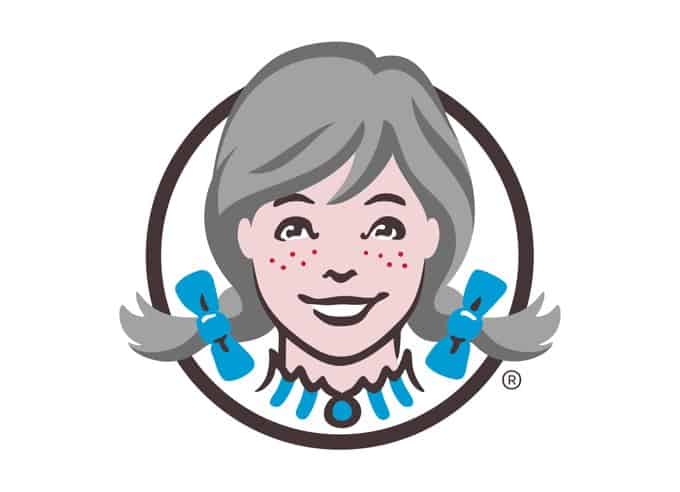The damage of a crisis is not always immediate and not always front-page news. A couple of months ago, CTV News/Bell Media fired Lisa Laflamme, a national icon and trusted news source in Canada, because she stopped coloring her hair. It was sexist or ageist or both according to basically everyone except CTV.
Everyone took a side, from Katie Couric to global brands. Dove joined the debate on the anchor’s side, and the venerable Wendy’s icon all of a sudden went gray in Canada. Very few, if anyone, were on the side of CTV.
Fast forward, CTV thinks the crisis has died down. People have moved on. That is until they look at the numbers – ratings are down 15%. My 74-year-old, retired Royal Canadian Mounted Police officer father last night stated, “I don’t watch CTV anymore. They are sexist.”
The lesson here is multifold.
First, before you make a decision that could have a massive impact on your brand, think two, three and four levels out. Have you thought about every way this can go wrong? Do you know how your most important constituencies (in this case audience segments) are going to react? Are you opening your organization up to longer term damage and/or litigation?
Second, if you have failed to do any of the first things, do them now. And as you plan your steps forward, you must decide what is most important to you and what you’re willing to do to make it right. How the fateful decision fits in your business strategy can help guide you.
Did you make the right strategic decision, but it was simply perceived badly? Ride it out, be prepared to defend your decision and work to build back trust.
If, as in CTV’s case, a preventable poor decision was made because of ego or to serve some non-strategic business purpose, then authentically apologize and do everything in your power to show you mean it. Clean house if need be.
Whether the backlash arose from a strategic decision or a preventable mistake, there must be a longer-term plan to build back trust. And it could be expensive.
Third, remember that outrage does not just go away. It tends to smolder, fester, languish and reappear. Absent a proactive effort to regain trust, the best you can hope for is indifference, and that’s not a quality a brand wants from its customers. Brand loyalty leads to business success. Indifference leads to shopping around for alternatives as much as, if not more than, outrage.
Even worse than indifference is prolonged protest. Just ask the Mountie who now watches a different newscast.
I want to point out something about the above mentions of Dove and Wendy’s. Both were sustained campaigns of subtle protest. Both are CTV advertisers and both required high-level approval for their public campaigns. That is an incredibly loud message that will be very costly to an organization that relies on ad revenue.
All this is to say, the planning and the thinking needed to happen before a decision is made. In this case, CTV could have worked out a strategy to gracefully and respectfully change anchors as a strategic business decision that could be defended. Instead, they miscalculated (if they calculated at all) and blundered their way to a crisis. They could have saved themselves a lot of money and grief … and ratings.


